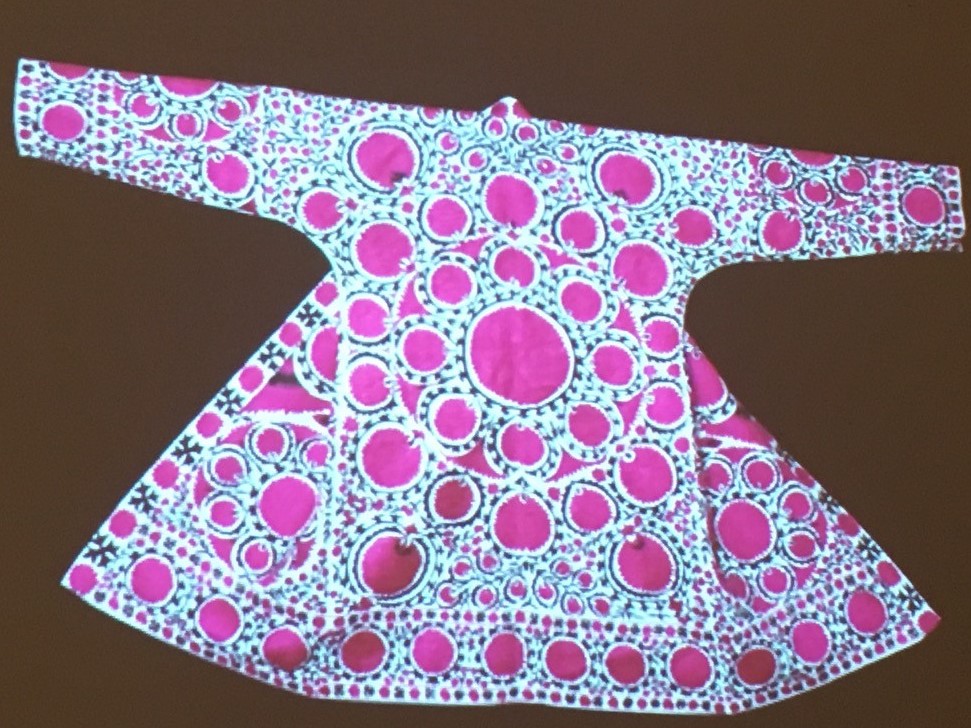SI UN Representative, Kristin Reynisdottir, and SI Advocacy Coordinator, Hannah Agius, report from the ‘Rural Women Entrepreneurs as Agents of Change’ side event held on 30 October at the Beijing +25 Regional Meeting in Geneva.
“Rural women entrepreneurship schemes help to harness women’s potential, increase women’s income, and improve the well-being of their families and communities. The side event featured speeches from women entrepreneurs from Azerbaijan, Kyrgyzstan and Uzbekistan regarding what has worked and what more can be done to promote rural women’s economic independence, with a focus on the role of resource centres and support provided by entrepreneur associations, international organizations and government. These examples demonstrated the linkages between SDG 5 (Gender Equality), SDG 8 (Decent Work and Economic Growth) and SDG 10 (Reduced Inequalities).
Rural resource centres have provided women with crucial space to embark on entrepreneurship, giving them the confidence, capital and connections they need to succeed. They have had transformative impacts on women’s lives by developing women’s business and technical skills, providing them with mentoring and market access. Many of the exemplary projects were responses to the growing demand throughout international markets for unique handmade cultural products, made of natural material. These projects sourced produce from agricultural activities and the transmission of traditional knowledge and skills from the older rural population to younger generations.

One entrepreneur scheme created beautiful products made from locally sourced natural resources, made according to traditional techniques passed through generations.
The level of support available to rural women entrepreneurs via resource centres, coupled with the wide-reaching effects on the local communities, was certainly impressive. Among the examples, there was one of a woman who created an art club with courses for women to increase their skills. Another one, who, thanks to a micro-loan, opened a school where different national embroideries could be learned, providing skills to hundreds of girls and women of all ages, including divorced and disabled women, the majority of whom had no other education.
There is no doubt that many women face a better future thanks to the diversity of support within these centres. Groups from the centres are helped with bureaucratic work to become independent and to develop relationship with other small and medium sized enterprises. Some become non-profit organisations within neighbouring rural areas and disseminate these resources among other women.
A question from the audience was, “can these centres become sustainable?”
Whilst the entrepreneurial projects supported by the centre can, and do, become financially self-sustaining, the resource centres require continued financial support. Of course, some products from these centres can be sold but profits far from cover the costs. To “leave no-one behind” (Sustainable Development Agenda 2030) will require resource centres to be available in the poorest communities. Costs can be shared with the centres’ broader links to social, cultural, educational, health and disability ministries within governmental departments, local authorities, economy and non-governmental organisations. And as the moderator emphasised; “small investment can bring on many opportunities”.”

